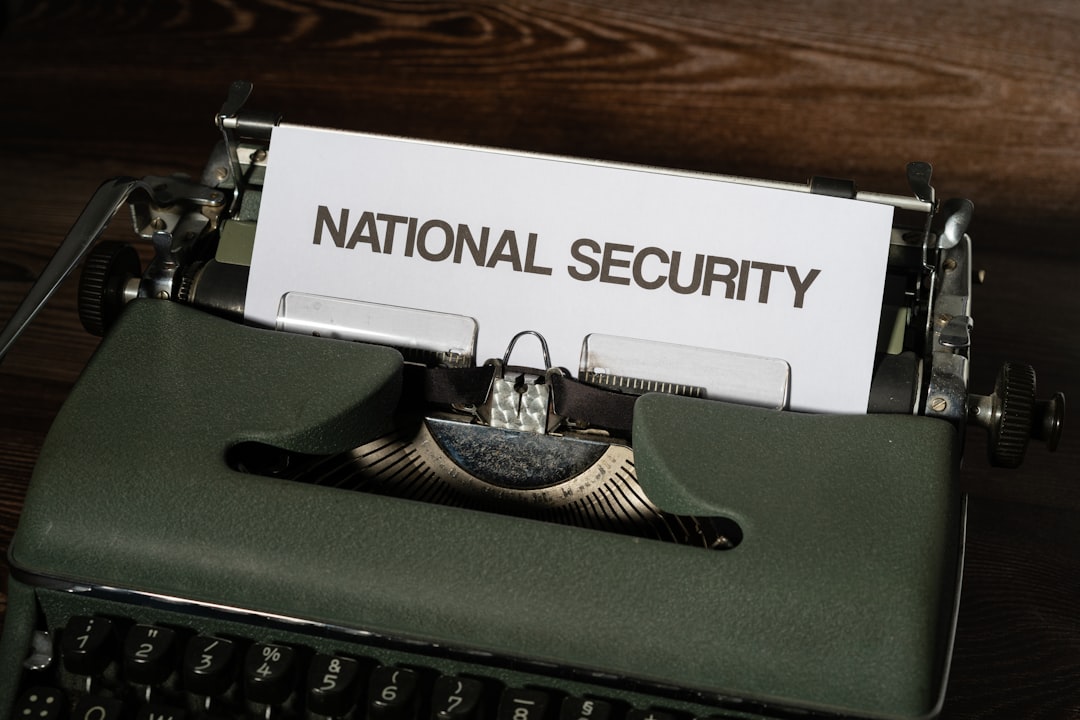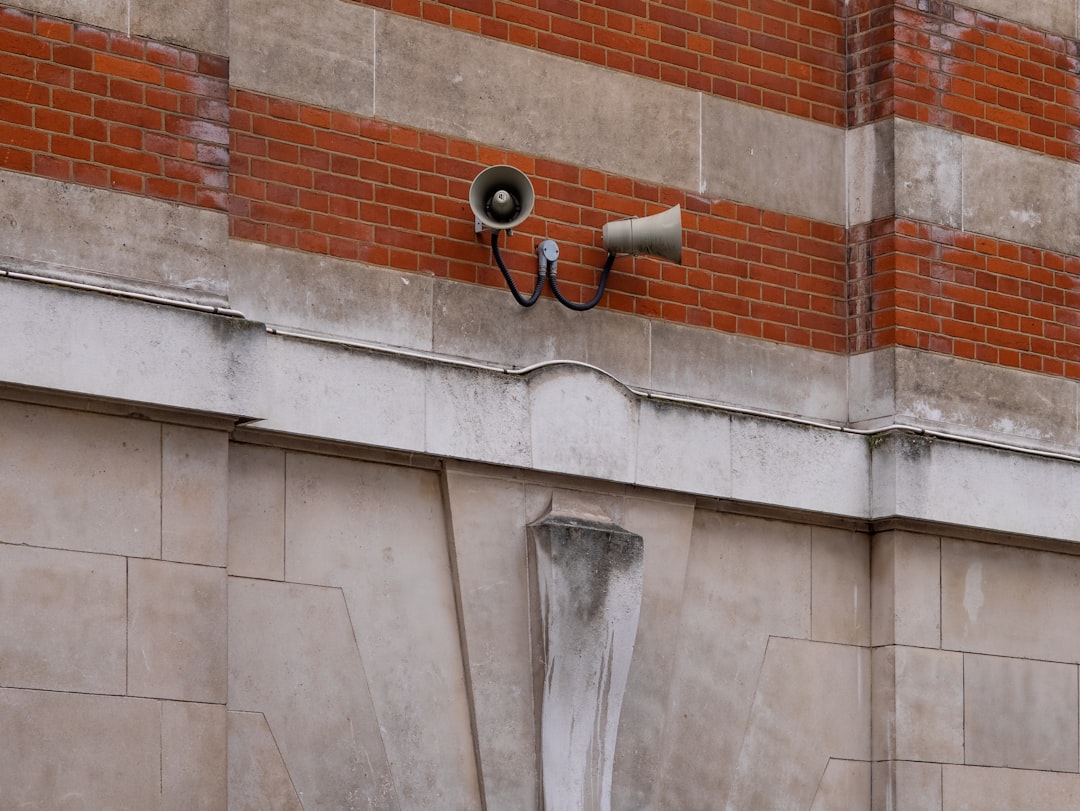In recent years, the United Arab Emirates (UAE) has positioned itself as one of the most progressive jurisdictions in the world when it comes to blockchain technology and cryptocurrencies. This innovation-friendly environment has attracted numerous crypto entrepreneurs and enterprises looking to tap into the Middle East’s booming digital asset market. However, navigating the complexities of the UAE’s crypto regulatory framework is essential for ensuring sustainable operations and long-term compliance.
Introduction to the UAE’s Crypto Regulatory Landscape
Crypto activities in the UAE are governed by a combination of federal and local regulatory bodies. The most prominent regulators include:
- Securities and Commodities Authority (SCA)
- Dubai Virtual Assets Regulatory Authority (VARA)
- Financial Services Regulatory Authority (FSRA) – Abu Dhabi Global Market (ADGM)
- Dubai Financial Services Authority (DFSA) – Dubai International Financial Centre (DIFC)
These authorities have implemented various frameworks to regulate crypto-assets, including licensing requirements, operational standards, anti-money laundering (AML) compliance, and consumer protection protocols.
Key Crypto License Types in the UAE
The type of crypto business license one needs in the UAE depends heavily on the nature of the business activity. Below are the most common license types:
- Virtual Asset Exchange License: For businesses operating centralized or decentralized trading platforms for digital assets.
- Custodian License: Required for entities providing security and storage solutions for users’ virtual assets.
- Broker/Dealer License: For intermediaries facilitating crypto transactions between parties.
- Wallet Service Provider License: For firms offering digital wallet solutions that store private keys of cryptocurrencies.
- Mining License: Needed for operations involved in validating transactions or adding them to a blockchain ledger.

Choosing Between ADGM, DIFC, and VARA
The choice of regulatory jurisdiction within the UAE depends on the geographical focus and the nature of operations:
- Abu Dhabi Global Market (ADGM): Operates under the FSRA and is highly favored for institutional-grade virtual asset service providers. ADGM offers a comprehensive crypto regulatory framework backed by international financial practices.
- Dubai International Financial Centre (DIFC): Under the DFSA, the DIFC recently introduced a framework for investment tokens and allows for limited crypto asset activities, although it remains more conservative than ADGM.
- Dubai Virtual Assets Regulatory Authority (VARA): Set up in 2022, VARA manages all activities related to virtual assets in Dubai outside the DIFC. It mandates licenses and guidelines for all crypto businesses operating within Dubai’s mainland jurisdiction.
Each zone offers unique advantages based on an entity’s scale, market, and operational strategy. Prospective businesses must evaluate their long-term goals before choosing the suitable ecosystem.
Steps to Obtain a Crypto License in the UAE
Securing a crypto license involves adhering to a structured process. The steps typically include:
- Choose the Jurisdiction: Select whether to operate under ADGM, DIFC, or Dubai mainland (VARA).
- Business Plan Submission: Craft a detailed proposal including operational models, business goals, target markets, and AML/KYC strategies.
- Company Registration: Incorporate your business entity with the relevant free zone or authority.
- License Application: Apply for the targeted crypto license type with necessary documentation and fees.
- Compliance Review: Regulatory bodies will assess your adherence to AML, data protection, and consumer safety rules.
- Operational Approval: Once cleared, you receive permission to commence business operations.
Although timelines vary, the process typically takes between 2 and 6 months depending on complexity and documentation readiness.
Regulatory Compliance and AML Obligations
One of the cornerstones of crypto regulation in the UAE is strict adherence to Anti-Money Laundering (AML) and Combating the Financing of Terrorism (CFT) laws. The UAE Central Bank, together with SCA and Financial Intelligence Unit (FIU), has enforced policies that every Crypto Service Provider (CSP) must follow, including:
- KYC (Know Your Customer) Verification for each user
- Transaction monitoring systems to flag suspicious activities
- Reporting thresholds and suspicious activity reports (SARs) to FIU
- Employee training on AML compliance and fraud detection
SIM-swapping scams, crypto fraud, and digital asset thefts are monitored vigilantly. Non-compliance may not only attract hefty penalties but also risk suspension of licenses.

Costs Involved in Setting Up a Crypto Business in the UAE
The cost of obtaining a license varies based on several factors including jurisdiction, office space needs, and scope of activities. Approximate costs include:
- License Fees: AED 40,000–AED 100,000 depending on the license type and regulator
- Office Rent: AED 15,000–AED 50,000 annually based on zone
- Compliance Advisory: AED 30,000+ depending on the complexity and duration
- Technology Infrastructure: Custom pricing based on platform development needs
These are indicative figures and can be optimized based on business models and partnerships with incubators or accelerators in the region.
Ongoing Compliance and State Audits
Once a license is granted, CSPs must maintain compliance through:
- Yearly audits
- Quarterly or bi-annual reporting to regulators
- Technological assessments on data security and transaction transparency
- Real-time reporting frameworks for large transactions
Failure to comply may lead to the revocation of the license, fines, or even legal proceedings.
Conclusion
The UAE continues to pave the way for crypto adoption through its robust yet attractive regulatory environment. With efforts to ensure financial integrity while fostering innovation, the region represents an ideal hub for crypto startups and established entities. That said, strategic planning, proper legal consultation, and proactive compliance are non-negotiable for success in this thriving market.
FAQs
-
Q: Can foreign nationals start a crypto company in the UAE?
A: Yes, foreign investors can fully own crypto businesses in most UAE free zones, especially in ADGM and DIFC. -
Q: Is crypto trading legal in the UAE?
A: Yes, crypto trading is legal but must be conducted through licensed platforms that comply with the UAE’s financial regulations. -
Q: How long does it take to get a crypto license?
A: The process usually takes between 2 to 6 months depending on the type of license and documentation readiness. -
Q: Which is the best free zone for a crypto license?
A: ADGM is recognized for its crypto-friendliness and international standards, while VARA is focused on ensuring safe innovation in Dubai. -
Q: Are there penalties for operating without a proper license?
A: Yes, operating without a license may result in heavy fines, business closure, and legal actions.

